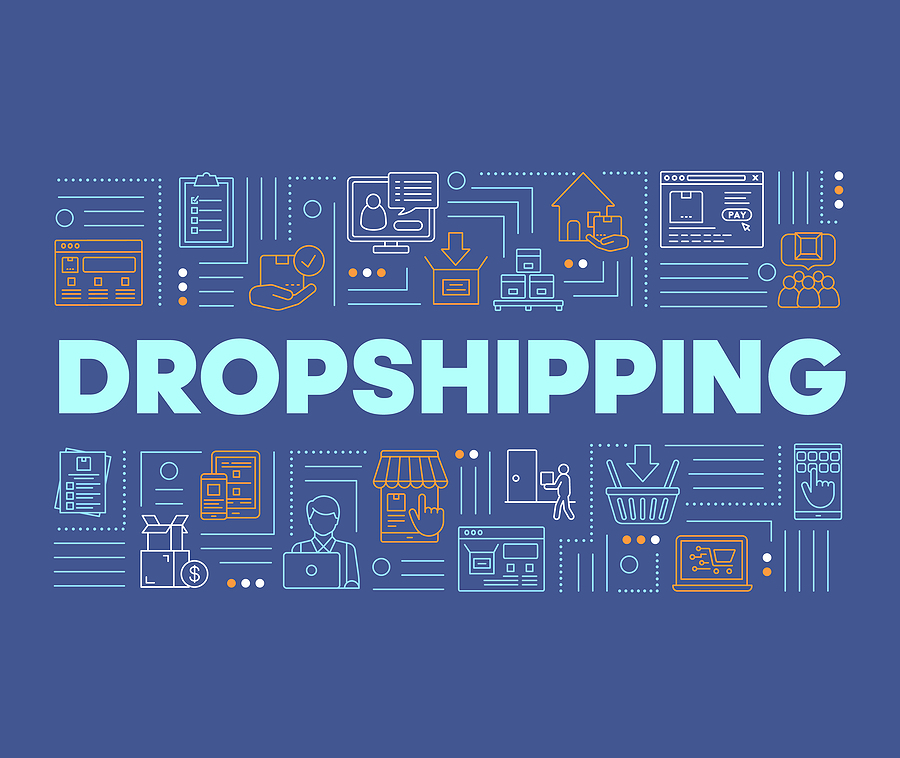CFGMS Admin November 18, 2020 Categories: Business Tips, Small Business Funding
The key for many businesses struggling to survive the economic impact of COVID is business diversification. Self-quarantine and social distancing have caused a major decline in foot traffic for brick and mortar businesses. This has caused many to expand their business into the eCommerce marketplace. While this type of business diversification is a smart move in the current “stay at home” environment, it brings with it a whole new set of challenges and responsibilities.
One of the biggest challenges for those new to online retail is having enough inventory to keep up with the demand. According to Bazaarvoice, 62% of consumers shop online more now than before the pandemic. With such a large increase in online sales, having enough inventory on hand to meet that demand can significantly deplete working capital. This can make it difficult to cover the costs of daily operations, especially if business diversification has already had a significant impact on working capital. To avoid the cost of maintaining a high level of inventory, dropshipping can be a great solution.

How Dropshipping Works
First, you need to find a third-party supplier for the products you plan to offer in your online store. Once you’ve contracted a supplier, you will add those products to your eCommerce site. When a customer makes a purchase, you purchase the item or items from your supplier and they will dropship them directly to your customer. This eliminates the need for you to have any physical contact with your products or to deal with shipping or delivery costs. So, you’re probably wondering where your profit comes in with dropshipping. You simply offer third-party’s products at a higher price than you pay for them.
Dropshipping Pros and Cons
Every business diversification strategy has advantages and disadvantages. The key is to fully understand both and decide if the pros outweigh the cons. First, let’s take a look at the advantages dropshipping has to offer.
It requires a more manageable upfront investment. When dropshipping third-party products, you avoid the large upfront cost of purchasing all that inventory yourself. You also eliminate the time and payroll spent on packaging and shipping, keeping your overhead to a minimum.
It expands your product line. Since you don’t have to purchase the inventory, you can offer a much wider variety of products.
It allows you to preserve your working capital. With dropshipping, there are no upfront inventory costs. Your customer pays you for the product they order before you purchase them.
You can work from anywhere. Selling your own products online will mean more time spent on site. With third-party products, you can manage your eCommerce store from anywhere. You can spend more time with the family at home or on vacation and never miss a beat with online sales.
As a business diversification strategy, dropshipping offers a lot of great benefits. However, it’s not without a few disadvantages as well.
Your orders may exceed your supplier’s inventory. Third-party suppliers are selling to multiple merchants. If the demand is high, it is possible that they will run out of inventory. Since you don’t control the inventory, you won’t find that out until you have orders that can’t be filled.
Your supplier makes an error that reflects poorly on your business. It’s important to remember, your customer ordered from your business, not your supplier. If there is an error, the customer will hold you responsible.
Your profit margin is low. You need to be conservative when adding your profit margin to your supplier’s price or your customers will look for a better price elsewhere. It’s not all bad news though. You can offset a lower profit margin by increasing your sales volume and maintaining lower overhead costs.

Business Diversification Funding
Even though the initial startup costs may be lower than other business diversification strategies, entering the online marketplace for the first time isn’t without some extra expenses. CFG Merchant Solutions™ offers a variety of alternative funding options that can kickstart your business diversification efforts.
Whether it’s a merchant cash advance, invoice factoring, equipment financing, or any of our other funding options, we will guide you in choosing the perfect solution for your individual business needs. Our team brings to the table more than 60 years of institutional investment banking experience in the credit, commercial finance, and capital markets. Contact us or apply online today